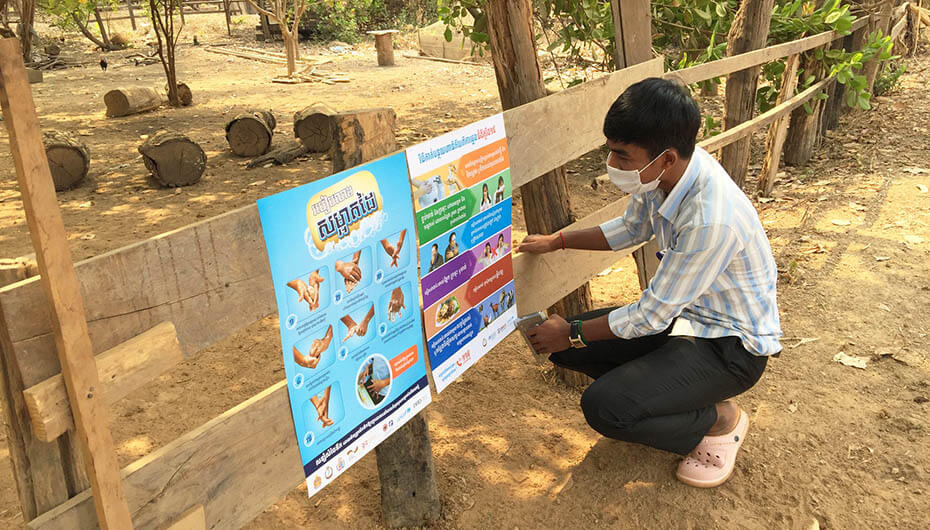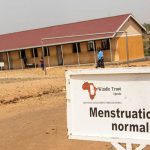Media Centre - Media release - 29 May 2020
Government’s global COVID-19 response welcome, but must not rely on diverted aid funds

International aid agency Plan International Australia has today welcomed Australian Government’s new Partnerships for Recovery plan released which outlines Australia’s global response to COVID-19.
“Australia has a critical role to play as a global leader in the response and recovery efforts to COVID-19 and this new plan is an important part of setting the agenda in the short to medium term,” Plan International Australia’s CEO, Susanne Legena, said.
COVID-19 is having a devastating impact on families around the world. UNESCO estimates that at least 500 million children and youth are currently out of school. Sixty million people worldwide are projected to be thrust into extreme poverty due to the ongoing impacts of the pandemic.
“With COVID-19 already having a devastating impact on the most vulnerable communities in our region, now is the time for us to support families to stay healthy and safe, rebuild their livelihoods and continue their children’s education,” Ms Legena added.
Ms Legena expressed concerns that without new funding to support the government’s new plan, the poorest Pacific communities could still lose out.
“We are worried that aid dollars are being diverted away from existing humanitarian and development programs that promote the economic empowerment, health and safety of communities in the Indo-Pacific to fund this plan,” she said.
“The Australian government has traditionally been a generous neighbour during times of crisis,” Ms Legena added, citing the $1 billion dollar package then-Prime Minister Howard announced for Indonesia’s recovery from the 2004 Boxing Day Tsunami.
“Without new funding to equip countries to fight COVID-19 and recover economically, we’re undermining the good work Australia’s aid program is currently doing in the Indo-Pacific.
“It is important that this plan is supported by a comprehensive funding package of $2 billion over the next four years.”
Plan International Australia’s COVID-19 response
Plan International Australia has been working closely with DFAT to pivot many of its existing programs in countries such as Indonesia and the Solomon Islands to deliver vital COVID-19 health messaging in communities, installing taps for hand-washing, distributing hand sanitiser and providing cash transfers to families that have lost their incomes and cannot access government financial support.
Media contacts


